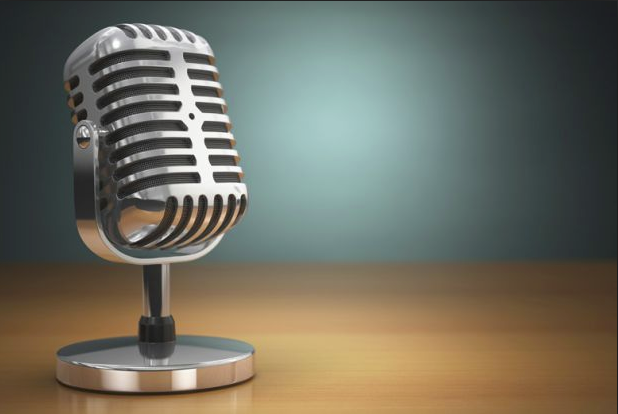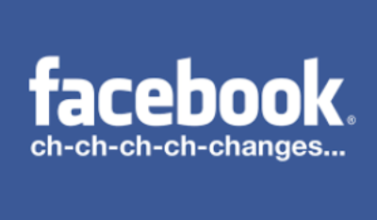
While podcast audiences continue to grow, there are still many leaders who believe that podcasting is an unimportant activity. I remember when leaders felt the same way about radio and television broadcasts.
It is important to understand that all media can be helpful and all media can be wasteful. The content of the message always matters more than the medium.
I continue to teach that “words matter.” The wrong words on the very best medium will fade with little to no impact. The right words can make a measurable impact with even the smallest medium.
I define the “right medium” as “a source that delivers open eyes and/or ears of a narrowly defined target audience. ” A platform is designed to send the right message, to the right audience through the right medium with a high level of frequency.
The lifestyle of an audience matters much more than the size of the audience. Bigger isn’t better. Better is better.
There are quantitative and qualitative measurements of a “better” audience. My recommendation is to focus on qualitative descriptors of an audience. Here is an example of a qualitative analysis:
* I want to sell a Christian book I’ve written.
* I could purchase an advertisement on 60 Minutes. (This show consistently aggregates one of the largest viewing audiences available.)
* I could advertise in a smaller medium that delivers a known audience who reads Christian books. The audience is “open to buy” a new Christian book.
The best decision seems fairly obvious. Our target MAY view 60 MInutes but a clear majority of the audience does not fit the buyer profile we need. And I would certainly spend more for the commercial than I could expect to earn in sales of the book.
As platform leaders, we must continue to be growth oriented for the good of the mission. My only motive in growing any platform is to deliver a message of hope with high frequency to an audience with felt needs.
Because I have a strong desire to reach new people in need, I want to continue to explore new media. I particularly want to use a medium in which I can attract my defined audience to an editorially friendly environment. I’d like to ensure that the surrounding messages are compatible with a message I wish to deliver.
Everything that you’ve read in this column is foundational to why I believe that the use of podcasts is an important tactic to a strategy of platform marketing.
Consider recent podcast research from Edison Research spotted several new trends that first started to develop in 2015 and 2016. Click here to receive the full 2017 report http://www.edisonresear
A few brief take-aways:
1. 4 out of 10 Americans have listened to a podcast. 67 million Americans listen monthly while 42 million people listen weekly.
2. Podcast listening continues to have steady growth at about 10-20% every year.
3. Podcast listeners are aging. It’s not just the under 25 cohort. Listening now occurs in the typical media age pattern of 25-54.
4. In 2017, 12 percent of total listeners are over 55 years old.
5. The average listener subscribes to 6 podcasts.
Podcasting as a medium is viable and probably here to stay. Media rarely become obsolete. But the real value of podcasting for leaders is to develop a podcast for personal branding. Podcasting provides a unique delivery system for demonstrating expert authority in any specialty.
If you have something to say, podcasting can augment your delivery and help you to present your message to the best target audience. One of the key advantages of a podcast is that it can remain ready to play for as long as you wish. The message remains evergreen. A radio message plays once and disappears. I still have listeners to podcasts I recorded over two years ago.
Another point I’d like to stress is that podcasts are an excellent way to deliver your message through smart devices. While most listening still occurs in-home, it’s important to note that many people listen to podcasts while driving. Mobile devices provide an improved opportunity for your message to be received in the palm of a hand. The right hands.
I coach clients to produce a daily podcast of around 15-20 minutes. However, research confirms that 80 and% of listeners listen to an entire show. But I’m convinced most people decide to listen based on quality run-time of the podcast.
So the ideal length of your podcast is the length of time you can deliver quality content.
If we don’t produce quality content it doesn’t really matter what medium is used. Produce your own content. Focus on the writing and give little thought to technology concerns about podcasting. It’s not difficult or expensive to produce a quality podcast.
Platforms grow with good words.








Leave a Comments
You must be logged in to post a comment.